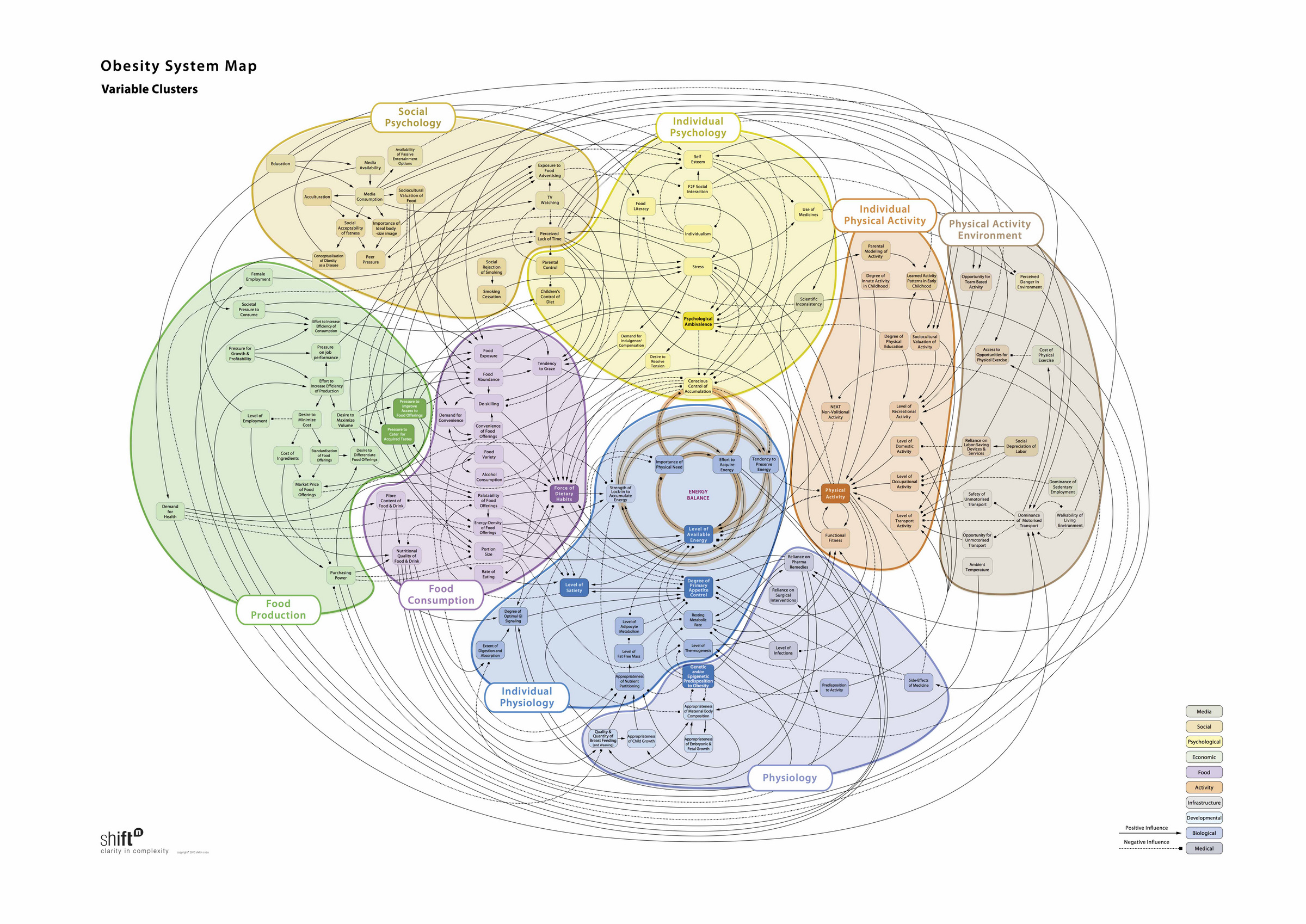
What’s the Relationship Between Climate and Obesity?
Last week, the Lancet Commission on obesity offered us a pretty bleak view of the future. The current approach to obesity prevention is failing. Food and fuel industries are dooming us to a future that is overweight, underwater, and malnourished. But what do the data say? Ruopeng An and Shen Zhang provide a systematic review in Obesity Reviews.
Objective Observations and a Conceptual Model
An and Zhang found observational data to support four themes. First is a theme of common drivers. Some of the same factors appear to be influencing both climate change and obesity. Transportation is the most obvious example. Current systems promote more greenhouse emissions and less physical activity.
Next they found a theme of obesity influencing global warming. For example, Jay Squalli wrote in 2017 that higher rates of obesity contribute to more greenhouse gas emissions from both farming and transportation.
Other researchers have suggested the reverse is true. The supposed mechanisms include the effect of climate on energy expenditure, food production, and food security.
And finally comes the idea that these problems are mutually reinforcing. Obesity might be both a cause and a consequence of climate change. Less food security and more difficult climates mean more reliance on highly processed foods. But the systems for producing those foods in turn contribute to climate change
Promoting the Syndemic Buzz
Bill Dietz, one of the key authors of the Lancet Commission report, sees strong logic in the concept of a syndemic that ties obesity and climate change together. He tells us:
Transportation, urban design, and land use policies promote car use and displace physical activity. These interrelationships favor more obesity, more greenhouse gases, and thus, more climate change. Likewise, beef production produces greenhouse gases and is associated with obesity.
However, we’re not seeing the #syndemic hashtag trending yet. Maybe it’s just one more bad news story that people are turning away from. Or maybe it sounds a bit too much like an epidemic of sin. Whatever.
 Even if syndemic never becomes a hot buzzword, we’re glad to see people considering the complex systems that drive big, interrelated problems. The application of systems thinking in obesity has been around for more than a decade and it’s important. But it’s no substitute for helping people who are already affected. People who find themselves underwater or seriously overweight need more than conceptual solutions.
Even if syndemic never becomes a hot buzzword, we’re glad to see people considering the complex systems that drive big, interrelated problems. The application of systems thinking in obesity has been around for more than a decade and it’s important. But it’s no substitute for helping people who are already affected. People who find themselves underwater or seriously overweight need more than conceptual solutions.
Click here for the paper by An and Zhang.
Hot Planet, photograph © CMDR Pete / flickr
Subscribe by email to follow the accumulating evidence and observations that shape our view of health, obesity, and policy.
February 6, 2019

February 06, 2019 at 4:54 pm, Michael said:
In the conflagration of obesity and climate change, we need to be careful to avoid any whiff of a suggestion that the people suffering from obesity are in any way contributing to climate change. That would be like blaming glaciers for melting.
February 07, 2019 at 4:03 am, Ted said:
Well said, Michael.